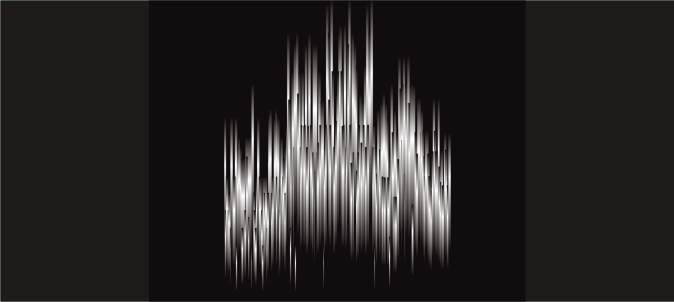Experience "The Echo of The Temple", an album by Jakub Stefek, an outstanding artist who has collaborated with the National Museum in Szczecin for many years on a number of projects, including the Jewish Music Days, which are highly acclaimed by music enthusiasts.
The CD is available at online store Opus Series / Requiem Records.
On 9 November 2023, 85 years after the Kristallnacht pogrom and 80 years after the Great Synagogue on Tłomackie Street in Warsaw was blown up as a symbol of the suppression of the Warsaw Ghetto Uprising, the album "The Echo of The Temple" will be premiered. The album consists of six pieces, referring to the synagogue tradition, created by contemporary composers Adam Porębski, Aleksandra Chmielewska, Anna Maria Huszcza, Marcin Tadeusz Łukaszewski, Dariusz Przybylski and Ignacy Zalewski. The performer is organist Jakub Stefek, who works, among others, at the Pestalozzistrasse Synagogue in Berlin.
Although hardly anyone realises it, organs in synagogues have an ancient origin. Some believe they were in the Jerusalem Temple. From 1810 onwards, they began to be widely installed in synagogues: first in Germany, later throughout Europe and even worldwide. In pre-war Poland, organ music accompanied liturgies in major synagogues in all cities.
"In the 19th century, the idea of Jewish liturgical reform was for composers to take old Jewish melodies and combine them with a contemporary musical language. When I learned about this history, among other things, while working on my PhD paper, I thought that the next chapter of this history, interrupted by the war times, would be to recreate this process today, in the 21st century", explains Jakub Stefek.
This is how a long-term project was born, in which six prominent and award-winning Polish composers of the younger generation created works according to this idea. Each approached the theme in a different way. Adam Porębski worked on songs by Abraham Lichtenstein, a Szczecin cantor from the 19th century: first in a version for cantor, choir and organ, and later for solo organ. Aleksandra Chmielewska and Dariusz Przybylski have created impressive works that are based on two Kaddish melodies noted down by Louis Lewandowski. Anna Huszcza chose Louis Lewandowski's melody from three monumental volumes, writing a tribute to the organ tradition. Marcin Łukaszewski combined two of the world's most famous Jewish melodies, Kol Nidre and Hava Nagila, creating a bridge between the sacred and the profane. Ignacy Zalewski, in a highly personal work, shifted the focus from melody to timbre, going in the direction that Jewish organ music was beginning to take shortly before the dramatic interruption of its history.
The very title 'Echo of the Temple' has multiple meanings. On the one hand, it refers to the earliest accounts of the instrumentation of the Jerusalem Temple. On the other, the many Reform synagogues in which the organ sounded were given the name 'Tempel'. Furthermore, the material was recorded in the sumptuous interior of the Stargard Collegiate Church, the highest vaulted Gothic church in Poland, so the echo is integrated into the artistic sound design.
This is an album that makes a very strong reference to a heritage that we should pay attention to. Jewish organ music is proof that it is possible to skilfully combine tradition and modernity. There is a sweet spot between blocking out everything that is new and rejecting everything that is old.
The Echo of The Temple
Jakub Stefek – organ
Piotr Grabowski – sound director
Adam Porębski, Aleksandra Chmielewska, Anna Maria Huszcza, Marcin Tadeusz Łukaszewski, Dariusz Przybylski, Ignacy Zalewski
